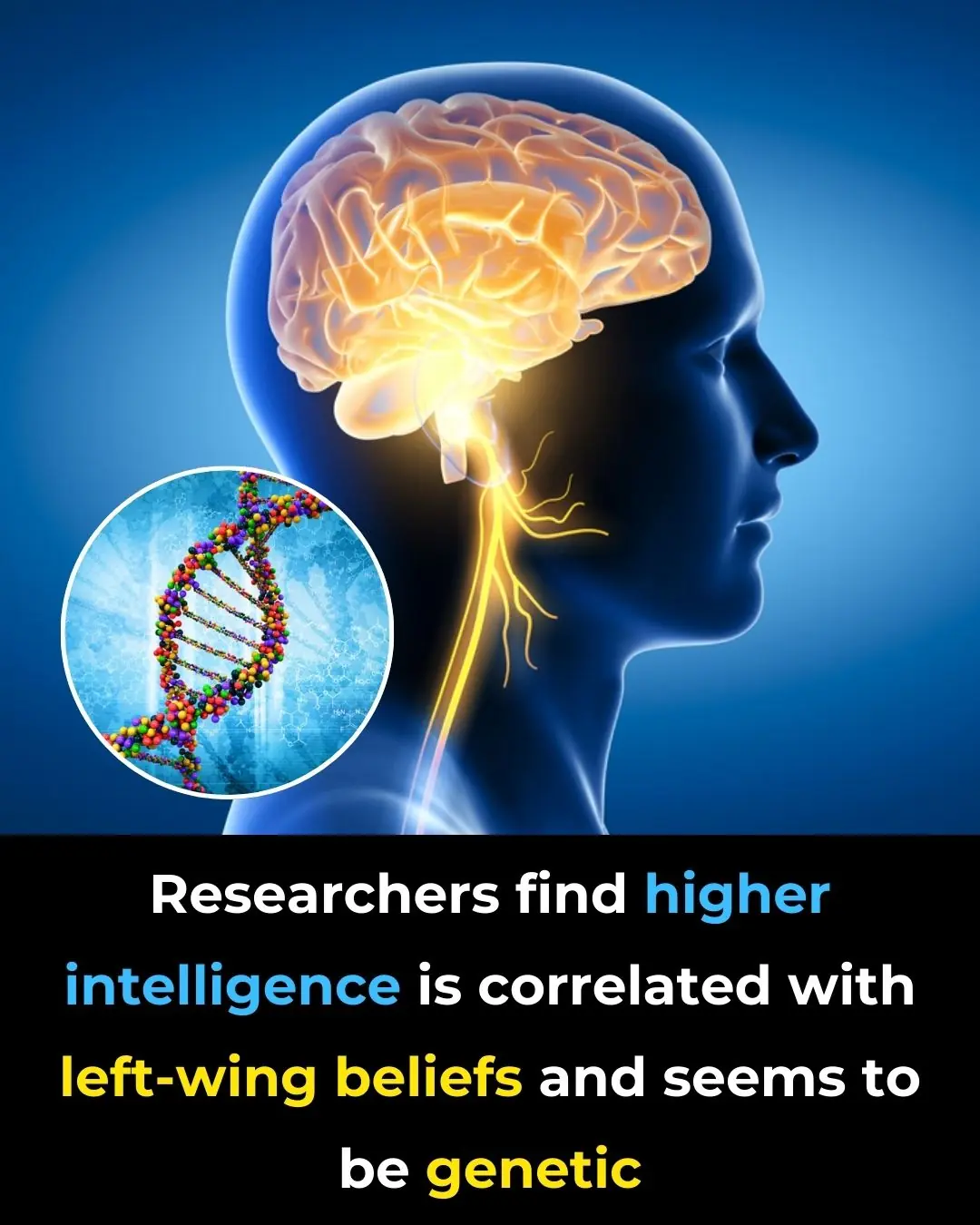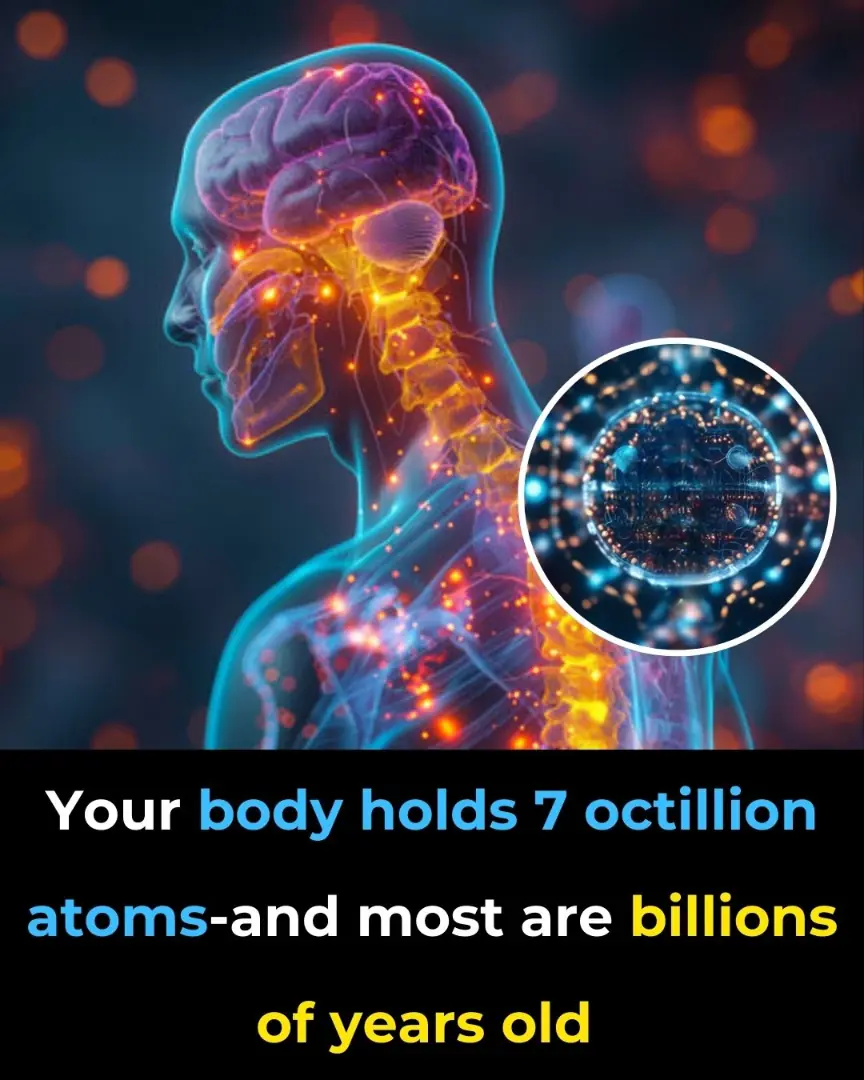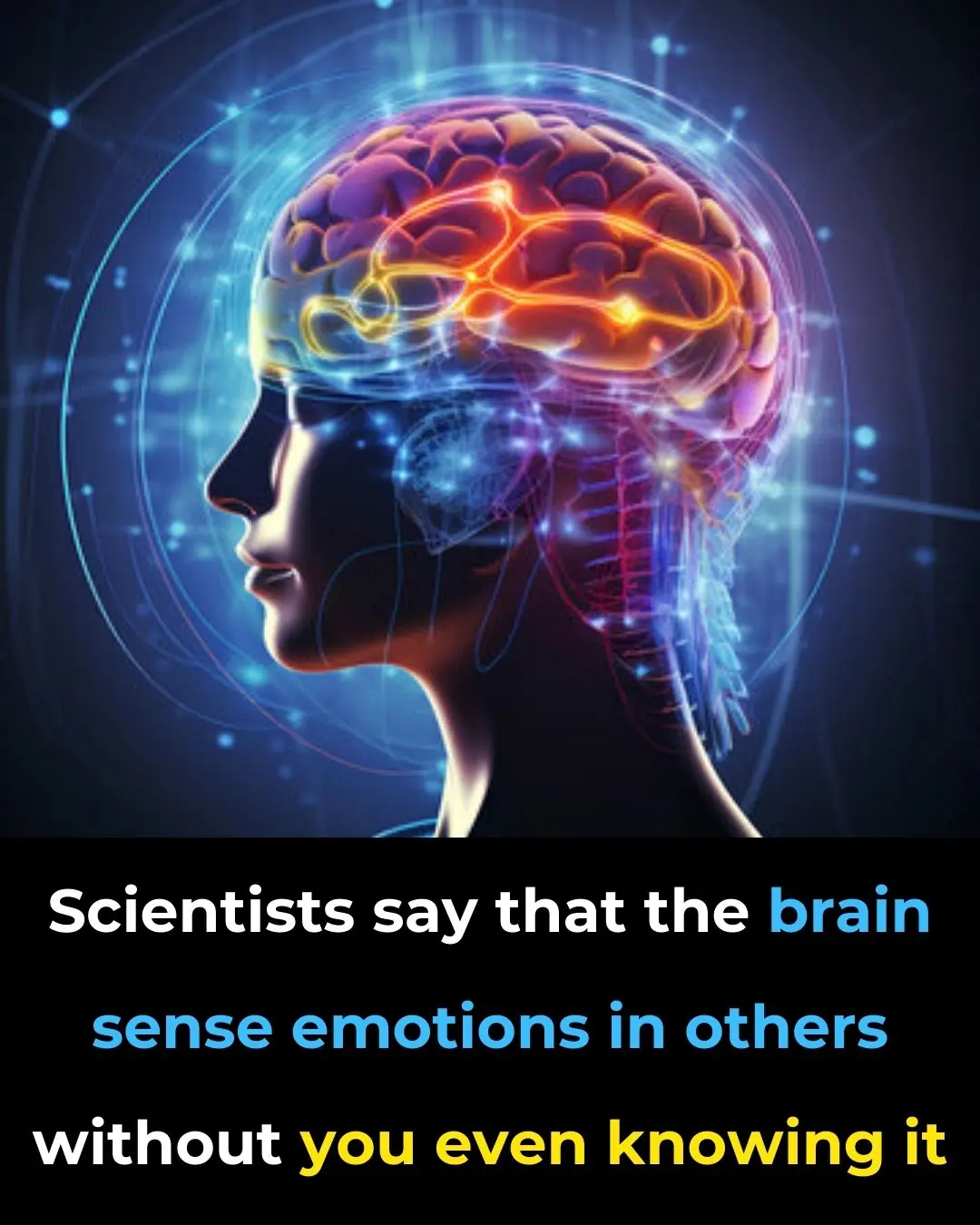
Dogs Can Tell If A Person Is Good Or Bad
 According to modern science, the answer is a clear yes. Dogs are not only loyal and affectionate companions—they also possess an extraordinary instinctual awareness that enables them to understand human emotions, behavior, and even intentions. Recent studies reveal that these beloved animals have advanced cognitive and sensory abilities that allow them to interpret social cues and form judgments based on past experiences.
According to modern science, the answer is a clear yes. Dogs are not only loyal and affectionate companions—they also possess an extraordinary instinctual awareness that enables them to understand human emotions, behavior, and even intentions. Recent studies reveal that these beloved animals have advanced cognitive and sensory abilities that allow them to interpret social cues and form judgments based on past experiences.
Dogs and the Ability to Sense Trustworthiness
Dogs may be far more intuitive than we often give them credit for. Emerging research indicates that they can assess a person’s trustworthiness based on subtle behavioral clues. In a fascinating experiment led by Japanese scientist Akiko Takaoka of Kyoto University, researchers tested dogs in a three-phase study designed to explore their response to human deception.
In the first phase, a dog’s owner pointed to a container containing food. The dog followed the signal and successfully found the treat. In the second phase, the same owner pointed to an empty container, misleading the dog. This phase illustrated how dogs naturally rely on human gestures to locate desired objects. However, when those gestures proved false, the dogs became visibly hesitant and confused.
By the third round, the dogs stopped responding to the misleading signals altogether. Their refusal to follow the false cues suggested a loss of trust. Out of 34 dogs tested, a significant number showed reluctance to rely on someone who had previously misled them. This suggests that dogs evaluate a person’s credibility over time, forming expectations based on consistency and reliability.
Researchers now plan to test wolves—dogs’ close relatives—to determine if this trust-assessment ability is a product of domestication or a deeper evolutionary trait. If wolves exhibit similar behavior, it could suggest that the capacity to detect deception is more widespread in the canine family than previously believed.
Dogs and Empathy
Beyond trust, dogs also display a striking degree of emotional intelligence. They don’t just pay attention to their owners—they actively monitor how their owners are treated by others. In another study, strangers approached dog owners asking for help with a task. Later, the same strangers tried to offer food to the dogs.
The dogs’ reactions were telling. They happily accepted food from those who had assisted their owners, as well as from neutral participants who had remained passive. However, they completely rejected offerings from individuals who had treated their owners with hostility or rudeness. This shows that dogs not only read human social interactions but also respond to them emotionally and behaviorally.
Even more impressively, dogs are capable of interpreting a wide range of human facial expressions and vocal tones. A study published in Biology Letters by the British Royal Society found that dogs are the only non-human species known to recognize both positive and negative human emotions using multiple senses.
“Our research demonstrates that dogs integrate auditory and visual signals to form a cohesive understanding of human and canine emotional states,” explained Kun Guo, a researcher at the University of Lincoln. This ability allows dogs to respond sensitively to our moods, making them invaluable emotional companions.
The Growing Role of Animal Therapy
Given dogs’ emotional intelligence and sensitivity, it’s no surprise that they play an essential role in animal-assisted therapy, also known as pet therapy. These therapeutic sessions are guided by professionals and involve interactions with trained animals to promote emotional, psychological, and physical well-being.
The presence of animals in therapeutic environments can have transformative effects on both children and adults. These sessions foster a safe and non-judgmental space for healing, communication, and self-expression. The benefits of pet therapy are increasingly supported by science and include:
-
Encouraging verbal and non-verbal communication
-
Reducing symptoms of stress, anxiety, and depression
-
Improving memory, concentration, and cognitive function
-
Enhancing fine motor skills and spatial coordination
-
Supporting language acquisition and processing
-
Encouraging emotional regulation and resilience
-
Boosting self-esteem and self-confidence
-
Assisting individuals in adapting to new or challenging environments
Moreover, dogs are naturally attuned to human emotional states, making them ideal partners in therapeutic contexts. Their instinct to comfort and protect is not trained—it’s deeply ingrained, making their support all the more genuine and effective.
Conclusion
From detecting dishonesty and interpreting emotional cues to supporting mental health through therapy, dogs are far more than just pets—they are intelligent, intuitive, and deeply empathetic beings. Whether offering silent comfort during tough times or reading our moods with uncanny precision, dogs continue to prove that their connection to humans runs deeper than affection. It’s a bond built on instinct, trust, and an extraordinary ability to understand the world around them.
News in the same category


Why a Cat Rubs Against You

True Meaning When Black Butterflies Visit You

Tips for Selecting Fresh Pork at the Market

Researchers Find Higher Intelligence Is Correlated With Left-Wing Beliefs and Seems to Be Genetic

Urgent Health Warning Issued After Pigs With ‘Neon Blue’ Flesh Are Discovered in One Specific Part of the Us

'Hostile' comet aimed at Earth could obliterate the world's economy 'overnight' if it hits

Iconic movie sequel delayed until 2027 after online sleuths 'guessed the plot'

Don’t Sleep With Your Pets

The Secret Meaning of the Letter “M” on Your Palm

The Remarkable Journey of Tru Beare, Who Was Born Weighing Only One Pound

Researchers Create Injectable Hydrogel to Boost Bone Strength

If You Have Moles on This Part of Your Body

The Purpose of the Small Pocket in Women’s Underwear

Can You Spot the Hidden Number?

Beware of the Plastic Bottle Scam: A New Car Theft Tactic

Chinese Scientists Say They Created a Cure for Type 1 Diabetes

Rob Gronkowski forgot he invested $69,000 in Apple and ten years later the value has completely changed his net-worth
News Post

Panic on P:0rnh:ub as adult site reports it's losing one million users every single day

Surprising Benefits of Sitting Facing Forward on the Toilet

New Jersey man d:i:es while traveling to meet AI chatbot he fell for

Brittle Nails, Dry Hair? You’re Missing Out on These Vital Vitamins, Says Science!

Experts Reveal 11 Hidden Health Warnings You Can Spot Just by Looking at Your Nails

Your Body Holds 7 Octillion Atoms—And Most Are Billions of Years Old

What’s the Purpose of Dual-Flush Toilet Buttons?

Why You Should Stop Waking Up to Urinate

Scientists Say That The Brain Senses Emotions In Others Without You Even Knowing It

Lithium Deficiency May Spur Alzheimer’s — and Guide Treatment

Hep B Transmitted by Shared Glucometers in Care Facility

Put Salted Lemon in the Room—The Surprising Benefits

On Humid Days, Walls Are Prone to Mold and Peeling—Do This Right Away to Improve the Situation

Every Home Refrigerator Always Has Two Problems—Throw Them Away as Soon as Possible to Prevent Future Bad Smells

Tips to Eliminate Unpleasant Odors in the Refrigerator—After One Night, the Unbearable Smell Will Completely Disappear

Tips for Cleaning an Air Fryer Without Scrubbing, Yet It Still Looks As Good As New

Pour a Little Fabric Softener into the Dishwashing Bowl, and Many Problems in the House Will Be Solved Instantly

Save Millions on Electricity Bills Every Year by Knowing How to Clean the Bottom of the Rice Cooker
